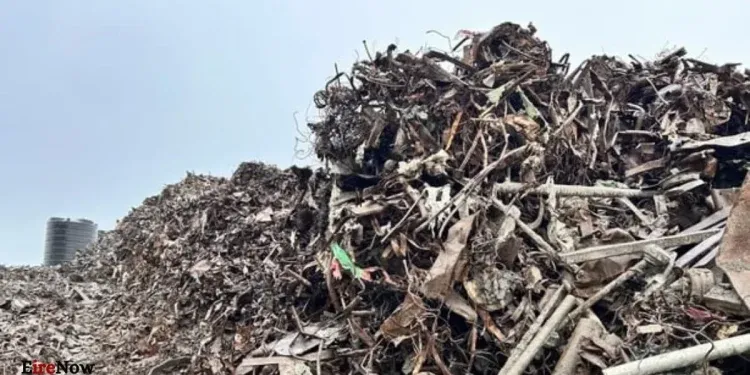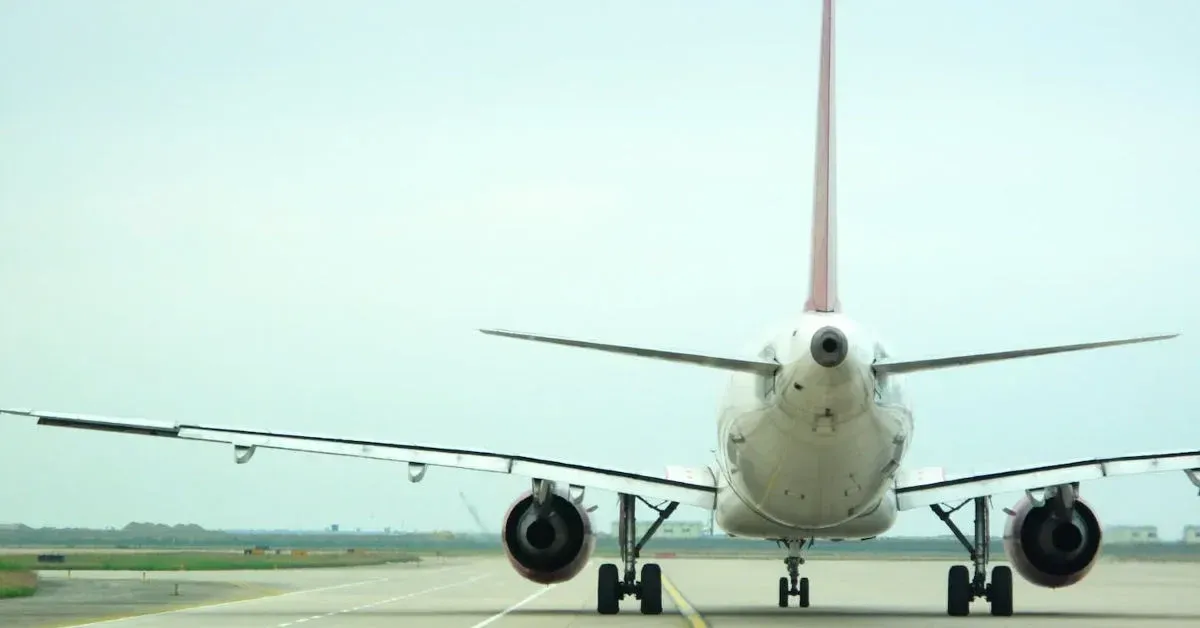DUBLIN — Waste management company Panda has submitted an application to the Environmental Protection Agency (EPA) for ‘end-of-waste’ approval to recycle the approximately 120,000 tonnes of incinerator bottom ash (IBA) generated annually by the Poolbeg incinerator.
This major development is enabled by Panda’s new €35 million processing facility at Knockharley, Navan, County Meath, which commenced operations last May. The facility provides the first “on-island solution” for this residue, which previously had to be exported to the Netherlands for processing.
Circular Economy Benefits: The Poolbeg incinerator, operated by Dublin Waste to Energy, burns about 650,000 tonnes of waste yearly. The resulting 120,000 tonnes of bottom ash is now transported to the Navan site for treatment.
- Metal Recovery: The process involves the extraction of valuable metals. Panda anticipates recovering approximately 8,000 tonnes of ferrous and non-ferrous metals annually, which will be exported for refinement and recycling as a commodity.
- Aggregate Production: The remaining mineral ash is currently being stored. Panda CEO Brian McCabe stated that they hope to secure EPA approval within a year, allowing the processed ash to be used as an aggregate component in the construction sector, including cement and road building, a practice already common across the UK and continental Europe.
Mr. McCabe hailed the facility as “good news” for dealing with the residue nationally without relying on exports.
Industry and Environmental Perspectives: The Poolbeg incinerator operators welcomed the development, noting it fulfills their long-held intention to establish a long-term, localised solution. Project director Kieran Mullins confirmed that the facility adds “significantly” to Ireland’s waste infrastructure and offers a “real positive environmental benefit” by replacing virgin construction materials.
However, environmental charities have issued a caution, urging authorities to ensure that the efficient recycling of ash does not inadvertently serve to incentivise or increase waste incineration in the country.







